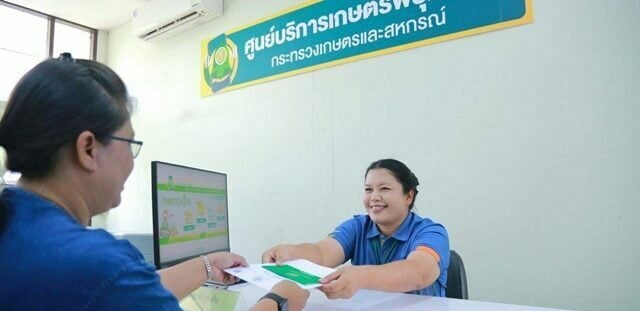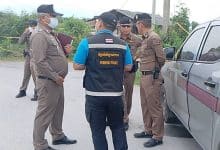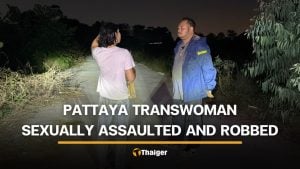Thai farmers to receive 1,000 baht per rai under new scheme

Thai agricultural officials have launched a scheme offering farmers 1,000 baht per rai, with strict criteria for eligibility. The Department of Agricultural Extension warns against scams, emphasising that no fees or direct communication via SMS or LINE will be involved.
The Cabinet recently approved a financial support project to aid rice farmers in managing and improving their crop quality. This initiative is capped at a maximum of 10 rai per household, translating to a limit of 10,000 baht (US$295).
Phiraphan Khorthong, Director General of the Department of Agricultural Extension, elaborated that eligible participants must be registered rice farmers for the 2024/2025 production year. This requirement aligns with the department’s criteria and conditions for registration and updating the farmer registry for the year 2024.
Farmers eligible for this support must have cultivated their crops between May 1 and October 31, 2024. For those in southern Thailand, the planting period for the first cycle extends from June 16, 2024, to February 28, 2025.
The Department of Agricultural Extension is currently compiling a list of qualifying farmers and will submit these names to the Bank for Agriculture and Agricultural Co-operatives (BAAC) starting tomorrow.
Farmers are advised to verify their registration and entitlement under this program via the online farmer registration website or through the FARMBOOK application. Phiraphan Khorthong reiterated the importance of vigilance against fraudsters.
He stressed that all transactions with the department are free of charge and that they will not send communication directly through SMS or LINE. Any doubts should be directed to the nearest district agricultural office.
The registration of farmers is a critical task undertaken annually by the Department of Agricultural Extension. This process is pivotal in planning production and marketing strategies and implementing supportive measures tailored to farmers’ needs. It also facilitates the creation of various projects aimed at offering assistance to the agricultural community, reported KhaoSod.
Providing false information to the government carries penalties under sections 137 and 267 of the Penal Code.
Latest Thailand News
Follow The Thaiger on Google News:


























